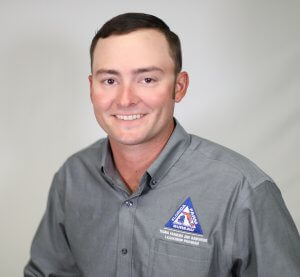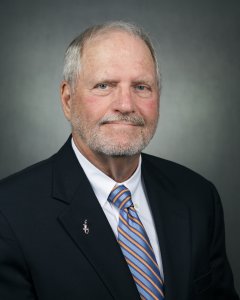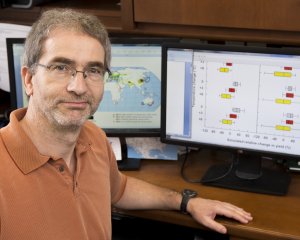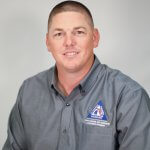(The guest column below is from Stephanie See, director of state government and industry relations for the Association of Equipment Manufacturers, and Natalie Higgins, vice president of government relations and general counsel for the Equipment Dealers Association. We include it in this month’s issue as information for our members, not as a Florida Farm Bureau policy statement.)
Manufacturers and dealers of farm equipment have a shared incentive with their customers to minimize downtime and maximize productivity.
That is part of the reason why manufacturers have invested so much in cutting-edged innovations in farm equipment that incorporate the latest technology into tractors and combines.
A modern tractor contains more lines of software than the early versions of the U.S. Space Shuttle.
But while this software is already revolutionizing farming, our industry must respond to our end-users’ needs. They need to have the tools to determine when they can make a simple fix to their tractor or combine, or whether they need to involve their dealer technicians, who themselves invest countless hours in staying up-to-date on the latest technology.
An increasing number of farmers and ranchers have said in recent seasons that they want access to more tools that tell them about the service, repair and maintenance needs for their tractors and combines.
As representatives of farm equipment manufacturers and their dealer networks, we’re proud to say that we’ve heard our customers loud and clear and are prepared to act.
Manufacturers and dealers are announcing a new commitment to make a comprehensive suite of service and diagnostic information for tractors and combines available in the coming years. It is a commonsense response to meet the needs of our end users.
We have made an industry commitment to make available the tools farmers need to navigate onboard technology. In the near future, end users will have access to on-board diagnostics tools via in-cab display or wireless interface, electronic diagnostic service tools — along with training on how to use each of these tools.
Manufacturers and dealers will also make available manuals, product guides, and product service information.
A number of manufacturers already make many of these materials available. By 2021 – or in some cases earlier – customers should be able to expect the same level of information for their tractors and combines across manufacturing brands. It is an appropriate solution that makes so-called “Right to Repair” legislation unnecessary.
Proponents of Right-to-Repair measures have advocated for overly-broad laws that would allow for unfettered access to the software that governs on-board technology on farm equipment.
Giving access to the source code would not only undermine manufacturers’ innovation and intellectual property, it would risk allowing modifications that would run afoul of safety and emissions requirements for farm equipment.
Modifications also create unknown liability issues for the individuals modifying the code and dealers who subsequently take in modified equipment in for resale, as well as subsequent owners of a modified unit.
The right for a farmer to repair his or her equipment does not extend to an unlawful right to modify its software.
We invite readers to learn more about these commonsense solutions by visiting http://www.R2RSolutions.org.
 The 78th Florida Farm Bureau Annual Meeting will take place at the Caribe Royale in Orlando Oct. 30-Nov. 1. This year’s meeting will boast a revamped Member Benefits Showcase that will include a Cultivation Stage. An array of breakout sessions on such topics as mental health, trade and relevant updates on agricultural issues will also be featured.
The 78th Florida Farm Bureau Annual Meeting will take place at the Caribe Royale in Orlando Oct. 30-Nov. 1. This year’s meeting will boast a revamped Member Benefits Showcase that will include a Cultivation Stage. An array of breakout sessions on such topics as mental health, trade and relevant updates on agricultural issues will also be featured.




